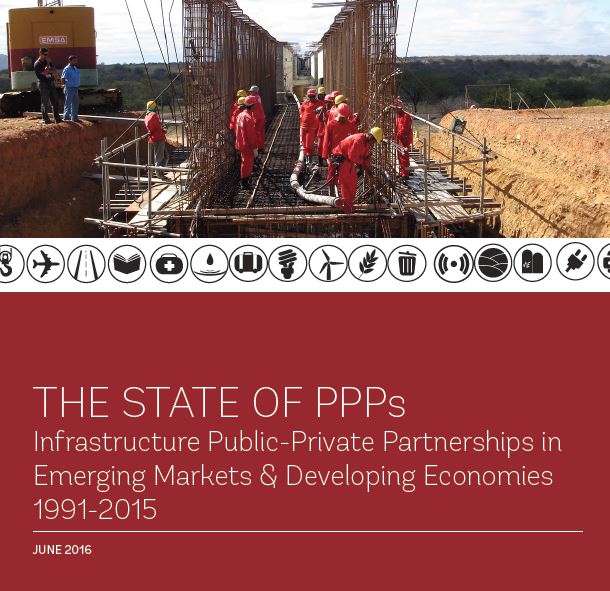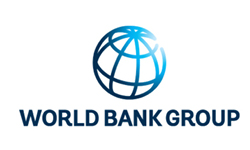929 results found
Featured results



More results
Parties involved (public and private): The cities of Pavlodar and Taraz, respective regional governments and consortium of Everlight Electronics Ltd (Taiwan), LLP A3 Commerce and LLP Altocom Asia (both ? Kazakhstan).
The total project cost is approximately USD 750 million
Parties involved (public and private): Risen Energy (China) Co. Ltd. (The Developer), EBRD and Green Climate Fund (Lenders), Risen Energy (Hong Kong) Co. Ltd. (EPC Contractor), Financial Settlement Centre (the Offtaker).
The project entails financing of USD 30mm in Kazakh tenge equivalent from the EBRD and up to USD 10.4mm in US dollar and euro equivalents from the Clean Technology Fund, and a USD 12mm in KZT equivalent from the ADB to Baikonur Solar LLP, owned 51% by the United Green Group, a privately-owned strategic investment group, and 49% by a subsidiary of a Kazakh state-owned development fund, for the development, construction and operation of a ground-mounted fixed-installed solar photovoltaic power plant with a total capacity of up to 50MWp and an associated new substation in the Kyzylorda region of south Kazakhstan.
Two senior loans totaling up to EUR 243.5 million in local currency equivalent with a 6-year tenor (the ?Loans?) to the state-owned companies Intergas Central Asia JSC (KZT 53.9BN and EUR 100MM in Kazakh tenge equivalent) (?ICA?) and Kaz TransGas Aimak JSC (KZT 12.9BN) (?KTGA?), the Bank?s existing clients and fully owned subsidiaries of KazTransGas JSC (the ?Sponsor?, ?KTG?), the national gas operator of Kazakhstan.
Long-term local currency financing is scarce in Kazakhstan. It is only available under state support programs targeting large investment projects for strategic sectors and affordable housing
Hard currency borrowing in Kazakhstan was popular until the Tenge currency collapse in 2014-2015. Borrowers then started looking for local currency financing, but the local market for long-term financing was under-developed

The first edition of the Public-Private Partnership (PPP) Monitor tracks the development of the PPP business environment as well as the challenges of doing PPPs in nine of the ADB’s developing member countries (DMCs).



This report addresses the critical question: how can the public and private sectors build successful partnerships?



This report uses data from the PPI Database to analyze broad trends of PPP investment in infrastructure from 1991 to 2015.



This PPP checklist is an extension of the initial framework.



The Framework provides systematic structure for proactively disclosing information pertaining to PPP Projects.



This publication discusses financial viability support in the global landscape of infrastructure finance.



Between September and October 2018, we gathered the views of 118 power and utility company executives from over 100 companies and 56 different countries or territories in Europe, the Americas, Asia Pacific, Middle East and Africa.



This paper provides an overview of the IaDB-designed approach to monitoring rural water supply service delivery.



Overall, the study has taken a broad approach to defining OA - going well beyond the minimalist notion of simply guaranteeing legal access to the grid for generators and wholesale buyers.



This publication consists of analysis on the relationship between GDP growth and traffic growth and converting emerging market growth into investment opportunities.


This publication draws on the Private Sector Participation (PSP) experience of four emerging economies Brazil, Peru, the Philippines, and Turkey based on in-depth case studies by Energy Sector Management Assistance Program (ESMAP).

This report evaluates recent developments regarding public-private partnerships (PPPs) in Latin America.

BCG has identified a series of best practices that underlie successful PPPs.





